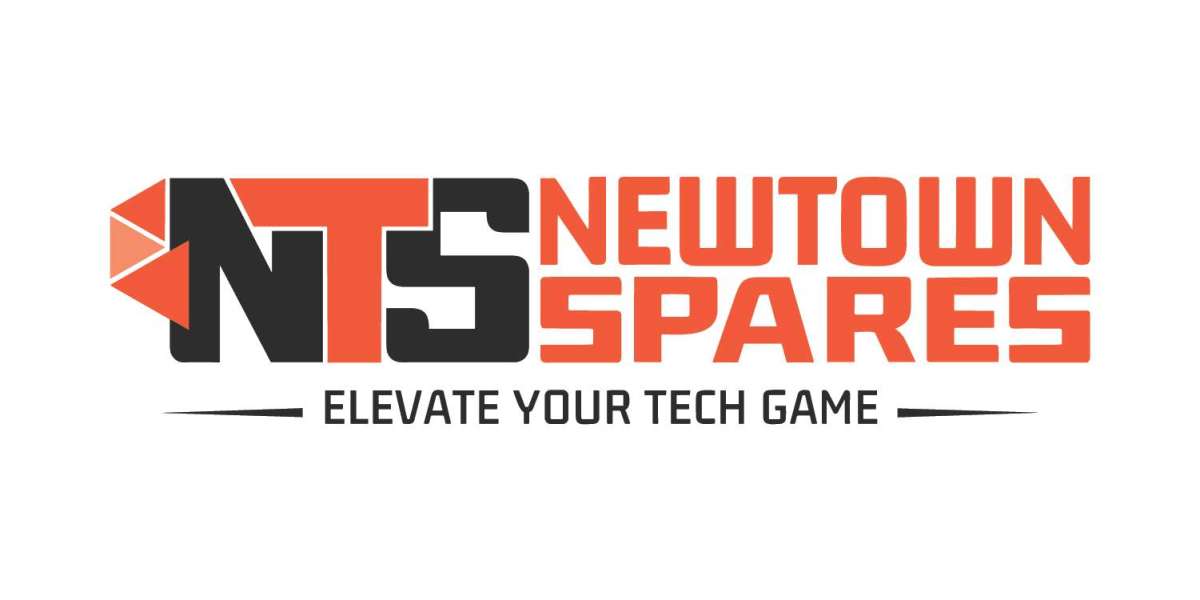What is a USB Storage Device?
A USB storage device is a portable data storage tool that connects to a computer or other device via a USB (Universal Serial Bus) interface. These devices, commonly referred to as USB drives, flash drives, or thumb drives, allow users to store, transfer, and access data quickly and easily. USB storage devices have become essential for both personal and professional use due to their compact size and reliability.
Types of USB Storage Devices
There are various types of USB storage devices, each offering different capacities, speeds, and functions to meet different storage needs.
USB Flash Drives
USB flash drives are the most common type of USB storage device. They use solid-state memory to store data, making them fast and durable. Flash drives are available in different storage capacities, ranging from a few gigabytes (GB) to several terabytes (TB), making them useful for transferring files, storing backups, or even running portable applications.
External USB Hard Drives
External USB hard drives offer much larger storage capacities compared to flash drives. These devices typically use traditional hard disk drives (HDD) or solid-state drives (SSD) enclosed in a portable case with a USB connection. External USB hard drives are ideal for backing up large amounts of data, such as videos, photos, and work files, and can range from hundreds of GBs to multiple TBs in capacity.
USB Memory Cards with Adapters
Some memory cards, such as SD or microSD cards, can function as USB storage when used with a USB adapter. These are often used in smartphones, cameras, and other portable devices but can also serve as a form of USB storage when connected to a computer via the adapter.
Key Features and Benefits of USB Storage Devices
USB storage devices offer several advantages that make them a popular choice for data storage and transfer.
Portability
One of the main advantages of USB storage devices is their portability. They are small, lightweight, and easy to carry in a pocket, bag, or attached to a keychain. This makes them convenient for users who need to move data between different locations or devices.
Ease of Use
USB storage devices are known for their plug-and-play functionality. They can be connected directly to a computer or other compatible devices without the need for additional software or drivers. Once plugged in, users can quickly transfer files or access stored data.
Durability and Longevity
Flash-based USB storage devices, such as USB flash drives and SSD-based external drives, are highly durable. They have no moving parts, making them resistant to physical damage from drops or bumps. This durability extends the lifespan of the device, ensuring that data remains safe over time.
Security and Encryption
Many modern USB storage devices come with built-in security features such as password protection or data encryption. These features ensure that sensitive data is protected from unauthorized access. Some high-end USB drives are even equipped with hardware encryption, offering an additional layer of security for professional or business users.
Conclusion
USB storage devices have revolutionized data portability and transfer. With a variety of types, from simple flash drives to high-capacity external hard drives, they offer flexible, durable, and easy-to-use solutions for storing and managing data. Whether you need to move files between computers or store backups, USB storage devices are a reliable choice for anyone looking for efficient data storage options.








